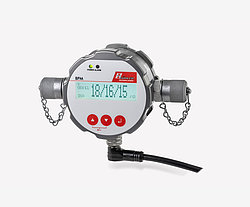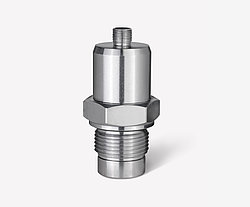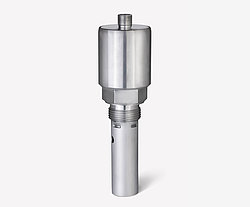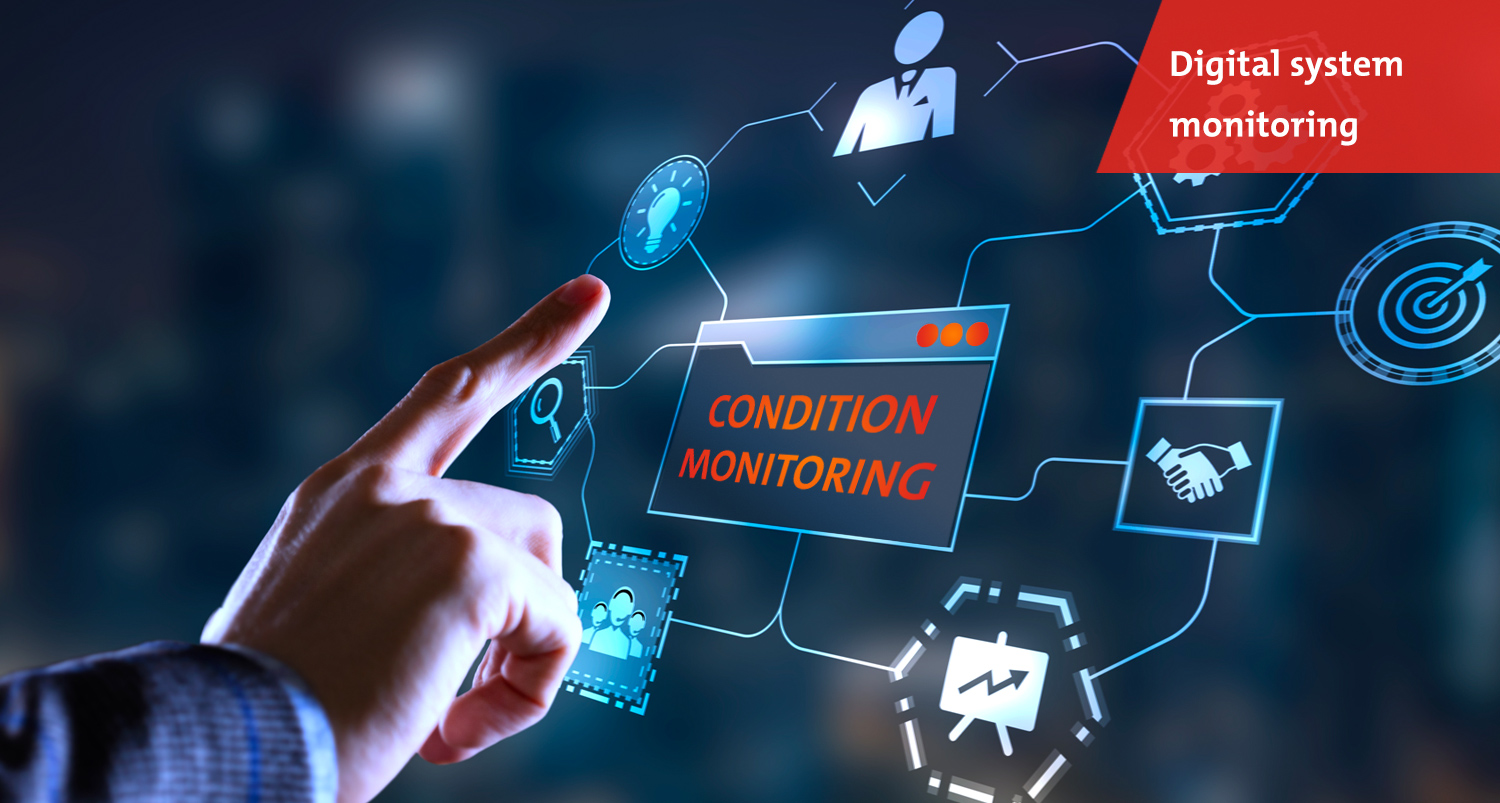In addition to system-compatible filtration with the aim of stabilizing the cleanliness class, this includes permanent monitoring of various parameters by means of sensors such as the CM series from Bühler Technologies in Ratingen, Germany. These sensors continuously monitor the temperature, conductivity, and permittivity of the oil. From these values, the aging of the oil and thus the remaining service life can be derived. Why this effort?


In lubrication technology in particular, the oil has the status of a design element and must exhibit certain properties over its service life in order to ensure the safe operation of the overall system. The desired properties are created by additivating a base oil. The additives will change as a result of tribological stresses in the course of operation, as well as external stresses such as humidity or air pollution, and the oil will 'wear out'. To enable the sensors mentioned above to perform their task in a targeted manner, they 'familiarize' themselves with the values of the fresh oil, so to speak, in a teach-in phase. The on-board algorithms then calculate the probable service life of the oil from the recorded values and set corresponding limit values. If the correlation of the parameters to each other changes in the course of operation, this influences the remaining service life and the CM sensor resets the limit values.

The 'Data Viewer' software included in the scope of delivery can be used at any time to call up the course of the measured values of all parameters and evaluate them, e.g. in the form of course curves. If the end of the service life becomes apparent soon, the limit values can be overwritten and timed to the next planned shutdown for maintenance.
Despite the convenience of online monitoring, periodic laboratory testing of the oils should not be neglected. By storing online and laboratory results in a system logbook, valuable information on the efficiency of different oils under individual operating conditions can be obtained, providing an additional opportunity to optimize internal condition monitoring.
For more information on the comprehensive condition monitoring program, please visit:


